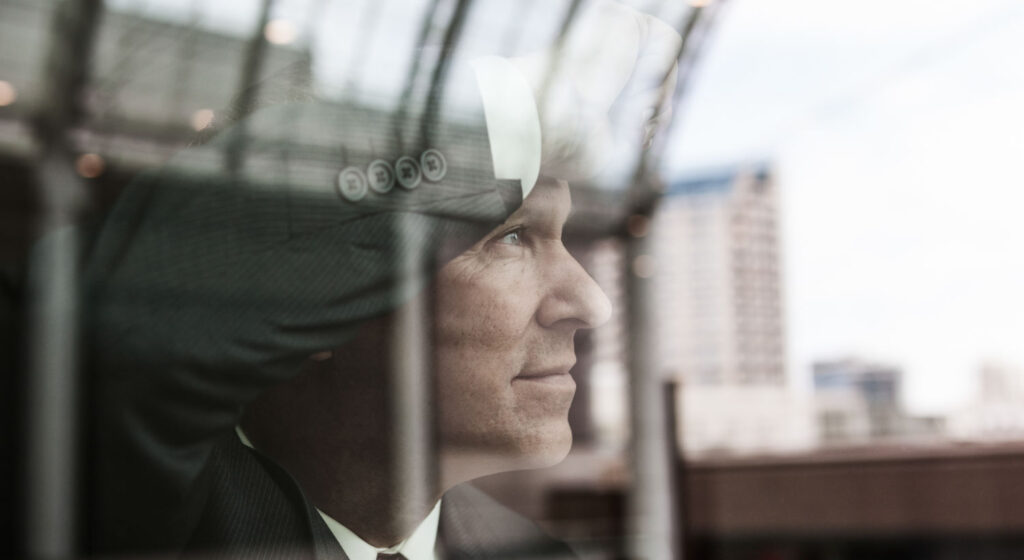The Australian Small Business and Family Enterprise Ombudsman has proposed a power that could require insurers to “show cause” when they decline cover in areas such as the resources sector and live animal exports.
“My office has heard from small businesses that have been unable to obtain insurance or banking services based on industry, location and other factors,” Ombudsman Bruce Billson says in a submission to a federal parliamentary inquiry.
“Banking, insurance and superannuation are key services for business operation and as such should not be denied to legal businesses on the basis of arbitrary concerns.”
The submission says the ombudsman, or another suitable entity, should have the power to require an institution to “show cause” for the withdrawal or denial of a financial service to a small business.
Consideration should also be given as to whether that might be published, and whether a review of the decision could be undertaken by the Australian Financial Complaints Authority, it says.
The Joint Standing Committee on Trade and Investment Growth, chaired by George Christensen, is inquiring into the prudential regulation of investment in Australia’s export industries.
Terms of reference include opportunities and challenges arising from changes in prudential standards and practices across banking, insurance and superannuation.
It also looks at “the approach and motivations” of financial institutions as well as publicly-listed companies to their investment in export industries, and consequences from these for “legitimate law-abiding businesses” connected to export industries.
Coal miner The Bloomfield Group says in a submission that most major insurers and re-insurers are no longer willing to insure coal mines, particularly in liability and property, while limited appetite remains for mobile plant and equipment.
“Following concerted campaigns by climate activist groups, many insurance companies globally have turned away from insuring risk in the coal mining industry to such as extent that insurance cover is prohibitively expensive if it can be obtained at all,” it says.
The firm says obtaining cover has become complex, with its industrial special risks (ISR) placement for last year ultimately finalised with 13 different insurers, each with a different placement percentage share.
Between 2016 and 2020 premiums more than doubled and the excess on its ISR policy last year was ten times the value in 2017.
The Whitsunday Conservation Council says encouraging investment in fossil fuel infrastructure and extraction could see Australia having increased exposure to stranded assets as global markets move towards more environmentally sustainable technologies amid international efforts to curb emissions.
“It is certainly not the government’s place to attempt to influence, even regulate Australia’s free market economy on behalf of the coal and gas industries,” it says in its submission.
The small business ombudsman’s insurance inquiry report, released last year, says insurance should not be denied to legal businesses on “arbitrary ‘ethical’ and other bases”.
The report, completed under previous ombudsman Kate Carnell, says the organisation will continue work on a federal essential services regime.
“Insurance will form a critical component of this work that covers that essential service providers should not be able to discriminate against legal, legitimate and regulated businesses based on generic factors, such as an industry in which a business may operate or be associated,” it says.

